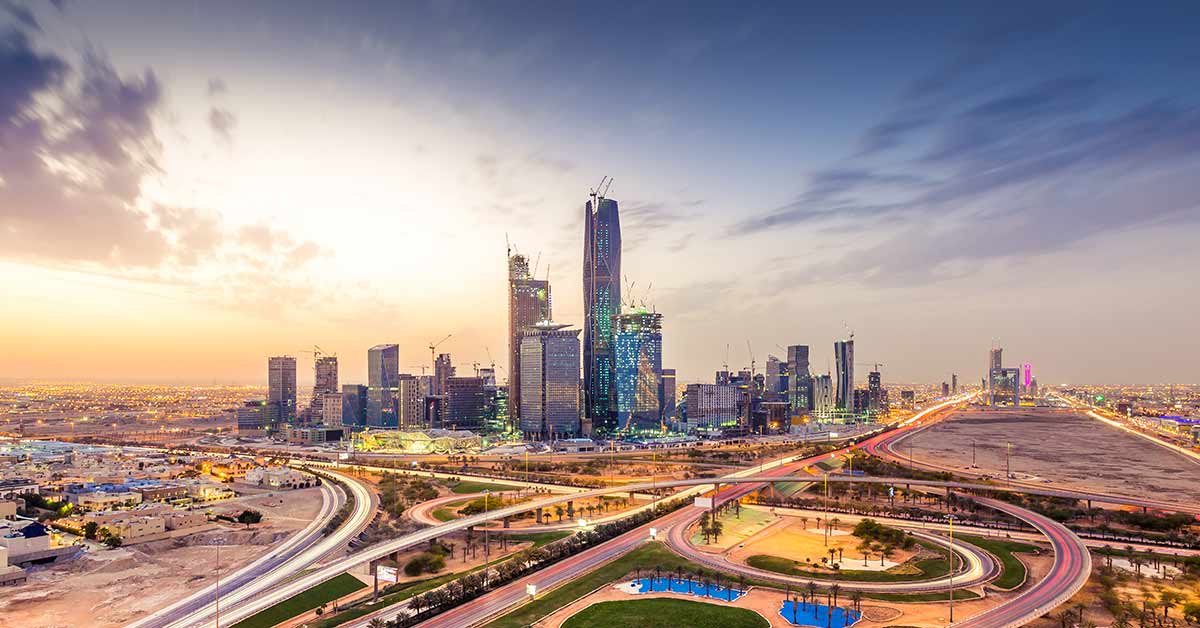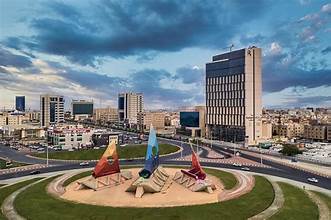The real estate market in Saudi Arabia has seen significant growth and transformation in recent years, especially with the introduction of the Vision 2030 initiative, which aims to diversify the economy and open up new investment opportunities. For first-time buyers, the process of purchasing property in Saudi Arabia can be both exciting and overwhelming. This guide aims to simplify the steps involved and provide key insights for navigating the market efficiently.
- Understand the Saudi Real Estate Market
Before diving into the buying process, it’s crucial to understand the market’s current state. Saudi Arabia is witnessing rapid urban development, with megaprojects such as NEOM, the Red Sea Project, and Qiddiya reshaping the country’s real estate landscape. Whether you’re looking to invest in residential, commercial, or vacation properties, being aware of these developments will help you make an informed decision.
Key cities such as Riyadh, Jeddah, and Dammam are experiencing robust demand, especially in high-end and mid-range properties. It’s also important to be aware of regional trends and pricing fluctuations.
- Legal Requirements for Property Ownership
Foreign nationals have been allowed to purchase real estate in Saudi Arabia, subject to certain restrictions. For instance, foreigners cannot buy property in Mecca and Medina, the two holiest cities in Islam. Additionally, expatriates need permission from the Ministry of Housing to purchase land for residential purposes.
Before initiating any property transaction, first-time buyers should ensure that they have all necessary legal documents, including identification and residency status. If you are an expatriate, working with a legal expert is recommended to ensure that you comply with local regulations.
- Set Your Budget
It’s important to have a clear understanding of your financial situation before purchasing property. The Saudi real estate market offers a wide range of properties, from affordable apartments to luxurious villas. Some of the factors to consider include:
- Location: Properties in prime areas like Riyadh or Jeddah may cost significantly more than those in smaller cities.
- Type of Property: Apartments, townhouses, villas, and commercial properties all come with different price points.
- Financing Options: Saudi Arabia has a variety of financing options, including Islamic mortgage loans (Murabaha), which comply with Shariah law.
First-time buyers should also factor in additional costs like property taxes, maintenance, and registration fees.
- Explore Financing Options
In Saudi Arabia, most buyers rely on bank financing to purchase property. Islamic mortgage products, such as Ijara and Murabaha, are commonly used. Ijara allows the buyer to rent the property with an option to purchase at the end of the term, while Murabaha involves the bank purchasing the property and selling it to the buyer at a higher price, with deferred payments.
It is advisable to consult with different banks to understand their mortgage offers and choose the one that best fits your financial plan.
- Choose the Right Location
The location of your property can significantly impact its long-term value. For example, Riyadh is known for its business and financial districts, making it a good choice for professionals and investors. On the other hand, Jeddah offers coastal living and is popular among expatriates and families seeking a more relaxed lifestyle.
You should also consider proximity to key amenities like schools, hospitals, shopping centers, and transportation hubs. Infrastructure projects related to Vision 2030 are also expected to increase the value of properties in underdeveloped areas.
- Hire a Real Estate Agent
Real estate agents can be invaluable, especially for first-time buyers who may not be familiar with the local market. Agents help you identify suitable properties, negotiate prices, and handle paperwork. Be sure to choose a licensed agent who has experience in the Saudi real estate market.
In addition, many real estate agents in Saudi Arabia are now utilizing online platforms, making it easier for buyers to browse property listings and schedule viewings from the comfort of their homes.
- Conduct a Thorough Property Inspection
Before finalizing the purchase, it’s essential to conduct a thorough inspection of the property. This includes checking for structural integrity, plumbing, electrical systems, and any potential maintenance issues. You should also verify that the property is free from legal disputes or liens.
For apartments or townhouses in gated communities, it’s advisable to review the homeowner association rules and fees, as these can affect your living experience and expenses.
- Complete the Legal Process
Once you’ve chosen your property and agreed on a price, the next step is to complete the legal formalities. This process includes signing a purchase agreement, transferring the title, and paying the necessary fees.
In Saudi Arabia, buyers are required to register their property with the Ministry of Justice through the Sakani platform. The platform provides an easy-to-use interface for submitting documents and processing transactions.
- Plan for the Future
Purchasing real estate is a long-term investment. Consider the future prospects of your property’s value based on ongoing urban developments, economic trends, and your personal or family needs. Properties located in areas undergoing major infrastructure improvements are likely to appreciate over time, offering both lifestyle and financial benefits.
- Key Takeaways for First-Time Buyers
- Research: Study the market thoroughly before making any decisions.
- Legal Compliance: Ensure that all legal requirements are met, especially for expatriates.
- Budgeting: Set a clear budget, including additional fees and potential maintenance costs.
- Financing: Explore all mortgage options to find the best financial solution.
- Inspection: Always conduct a property inspection before finalizing the purchase.
In conclusion, purchasing property in Saudi Arabia can be a rewarding experience when approached with proper knowledge and planning. By understanding the market, complying with legal requirements, and selecting the right location, first-time buyers can successfully navigate the complexities of the Saudi real estate landscape.



